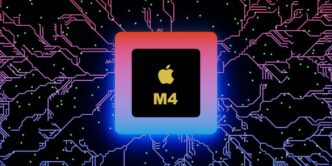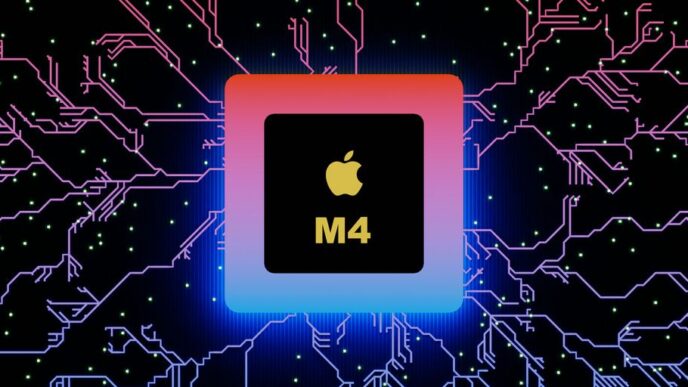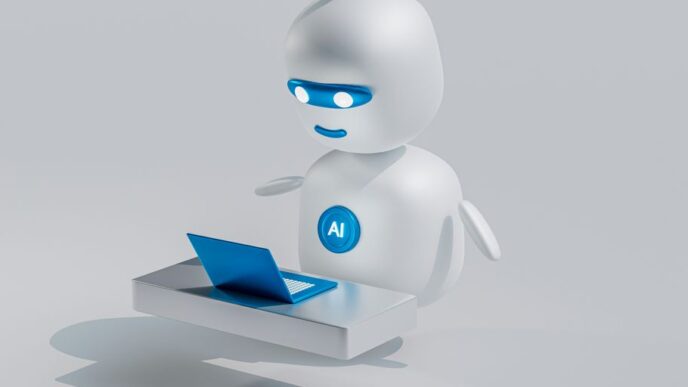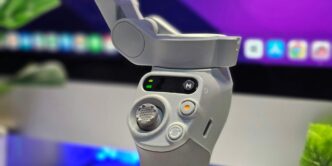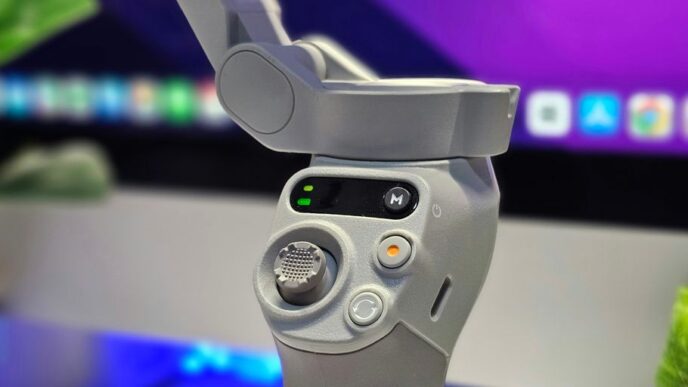License plate recognition (LPR) systems are a type of technology that can automatically identify and read license plates. LPR systems are used in a variety of applications, including law enforcement, traffic management, and security.
How LPR systems work
LPR systems typically consist of a camera and a software application. The camera captures images of license plates, and the software application uses optical character recognition (OCR) to extract the license plate numbers from the images. The license plate numbers are then compared to a database of known vehicles.
Applications of LPR systems
LPR systems are used in a variety of applications, including:
Law enforcement: LPR systems can be used to track stolen vehicles, identify suspects, and enforce traffic laws. For example, LPR systems can be used to identify vehicles that are associated with amber alerts or missing persons cases.
Traffic management: LPR systems can be used to monitor traffic flow, identify congestion, and collect data on vehicle travel patterns.
For example, LPR systems can be used to implement congestion pricing or to manage traffic flow during major events.
Security: LPR systems can be used to control access to secure areas, such as parking lots and gated communities.
For example, LPR systems can be used to automatically grant access to authorized vehicles and to deny access to unauthorized vehicles.
Benefits of LPR systems
LPR systems offer a number of benefits, including:
Accuracy: LPR systems are highly accurate at identifying license plates, even in low-light conditions or when the plates are damaged.
Speed: LPR systems can process license plate images very quickly, making them ideal for real-time applications.
Scalability: LPR systems can be scaled to meet the needs of any size organization, from a small business to a large government agency.
Challenges of LPR systems
LPR systems also face some challenges, including:
Privacy concerns: Some people have privacy concerns about the use of LPR systems. They worry that LPR systems could be used to track people’s movements without their consent.
Cost: LPR systems can be expensive to purchase and install.
Maintenance: LPR systems require regular maintenance to ensure that they are operating properly.
Overall, LPR systems are a powerful tool that can be used in a variety of applications. However, it is important to be aware of the challenges associated with LPR systems before deploying them.


